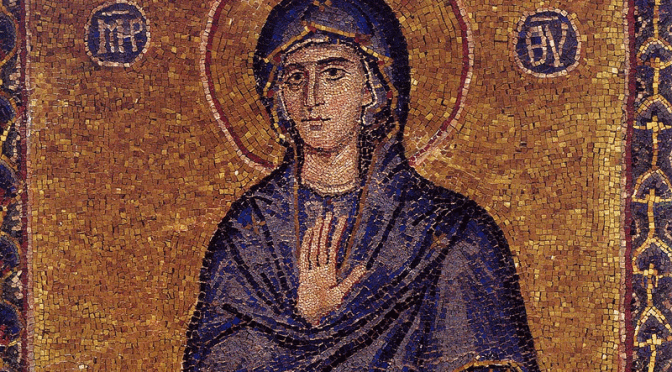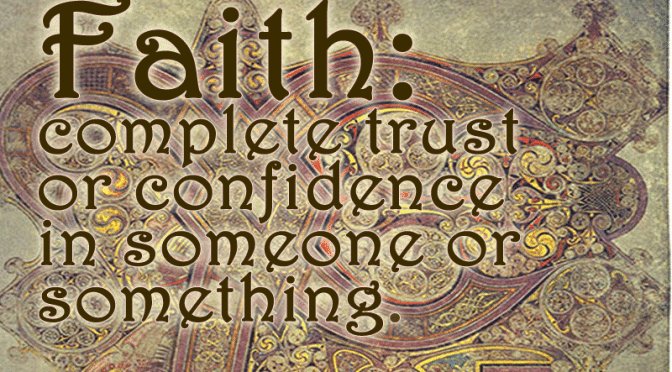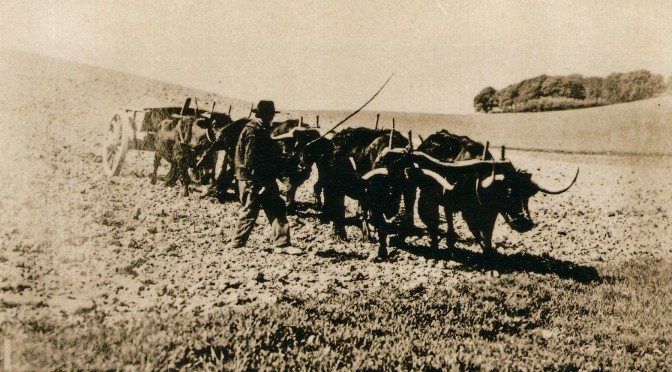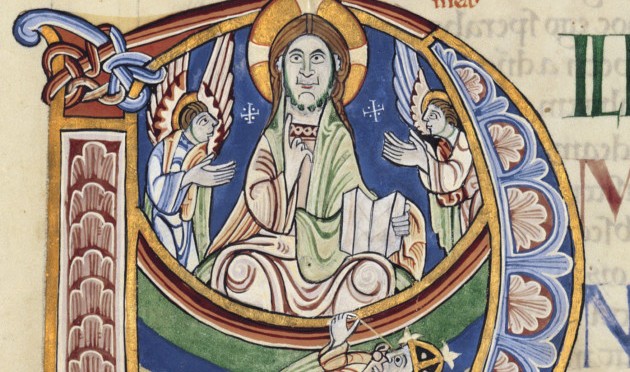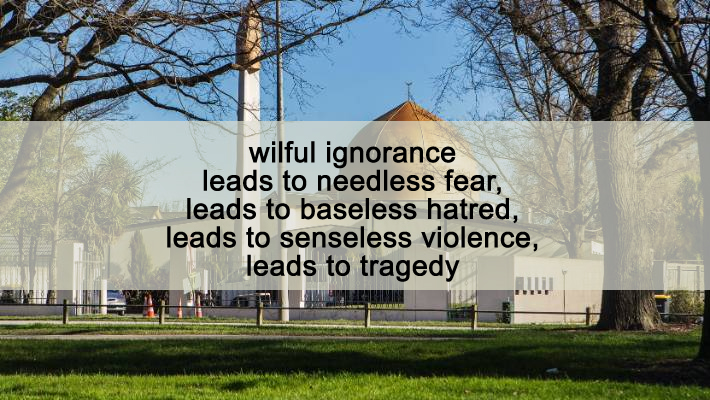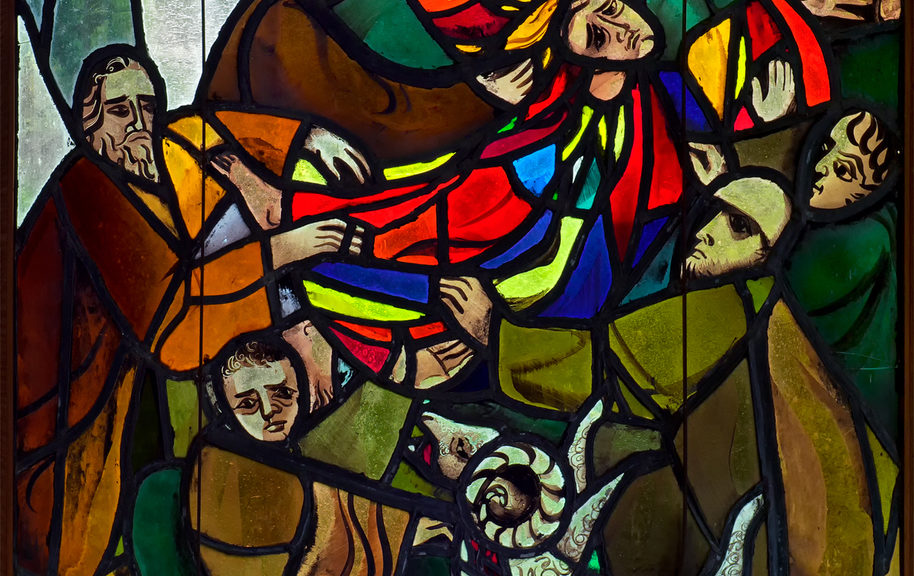What are you giving up for Lent?
Now that we have entered the season of Lent, what shall we give up?
I mulled this over and thought about the term “to give up”.
Our relationship with God is a two way flow – yet much of our lives is spent thinking about how much we receive FROM God, rather than how much we give TO God.
Blessings flow down to us, but how much goes the other way?
How much do we give back to God?
So when we speak of “giving up” does it really mean abstinence from something?
If I abstain from something I normally enjoy, such as chocolate, wine, or watching television, what does that really say about me and what does it say to God?
It seems I am saying “I know these things are potentially harmful to ME or a waste of MY time, so temporarily I will stop them”.
Isn’t that thinking more about myself than thinking about God?
What would God want me to give up? Does God care if I eat chocolate?
Perhaps we have the term “giving up” all wrong.
Perhaps the answer is not about abstinence during Lent based on an idea of giving something up FOR God, but about give up something TO God.
Every Sunday we say to God “we offer ourselves to you as a living sacrifice”, but what does that really mean to us?
To me, this is a very confronting thing to say, because it means I am offering to put myself at God’s disposal, to be used as he wishes.
Not something I really feel I can consciously do at all times, but a worthy goal to aim for.
I think that is the ultimate sacrifice that we are asked to make as Christians – to give UP TO God.
Paul writes in Romans 12 that we should present our bodies as a living sacrifice, not be conformed to the world, but be transformed by the renewal of our minds so that we can understand what it is that God finds good and what he wants us to do with all the blessings he give to us.
During Lent, as we contemplate the meanings of Easter, we learn again that the key to living is found in dying.
If you really want to live you must come to that place where you die – completely die out to your own will so that you can truthfully say, “From this point forth, not my will, but Thine be done.”
That is the key to real living.
To die out to my own selfish will and to say “For me, to live is to live in Christ.” The only way to live is to die.
So, rather than Lent being a time of self-control, we can look on it as a time of acknowledging God-control.
My challenge during Lent is to give up self-control and learn to allow God to be in control – giving up TO God.
It is customary, Lord
to give something up
during the season of Lent.
What would you have me do without?
I who have so much.
Chocolate?
Cream cakes?
Cigarettes?
Sweets?
Swearing?
The list is endless
and I could give up all those things
for the span of 40 days
quite easily and almost painlessly.
But what difference would it make
other than making me feel ‘holier’
that my friend who makes no such sacrifice?
What would you have me do without?
I who have so much
Selfishness?
Conceit?
Envy?
Pride?
I fear before I ask,
that the answer might be ‘yes’
and the giving up
would be all too real, Lord.
It would be difficult,
painful,
sacrificial,
a real cross to carry for 40 days,
and more?
AMEN
www.faithandworship.com/prayers_Lent.htm#
Thinking along these lines made me remember Matthew 22:15-22 – the passage about paying tax to Caesar.
“Then the Pharisees went out and laid plans to trap him in his words. They sent their disciples to him along with the Herodians.
“Teacher,” they said, “we know that you are a man of integrity and that you teach the way of God in accordance with the truth. You aren’t swayed by others, because you pay no attention to who they are. Tell us then, what is your opinion? Is it right to pay the imperial tax to Caesar or not?”
But Jesus, knowing their evil intent, said, “You hypocrites, why are you trying to trap me? Show me the coin used for paying the tax.” They brought him a denarius, and he asked them, “Whose image is this? And whose inscription?”
“Caesar’s,” they replied.
Then he said to them, “So give back to Caesar what is Caesar’s, and to God what is God’s.”
When they heard this, they were amazed. So they left him and went away.” [Matthew 22:15-22]
The Pharisees aim was to trap Jesus into a rebellious reply.
Taxes during the time were levied on people who are not Roman citizens. The Israelites hated this. They hated Roman tax. They were anti-government. But they also know that it is lawful to obey authority – under the governing human laws.
The Herodians thought it was right to pay taxes. They were pro government. Pro Caesar.
That means whether Jesus gives a ‘yes’ or a ‘no’, he would upset on side or the other. It seemed like a no win situation; a choice between two evils.
But Jesus confounded them by giving an extraordinary answer, an answer that we could never have thought of.
He answered with the obvious and yet the answer is also an elusive one.
Showing them a denarius, He simply asked: “Whose image is this? And whose inscription?” and it was obvious who really owns the coin.
But why did Jesus have to add ‘and to God what is God’s’ – this is not really part of the question is it?
At first I thought Jesus was only trying to add God into the picture. But maybe Jesus was waiting for someone to ask “What is God’s?”
If he had been asked that, he would have answered “Where does God’s image lie?”
“So God created mankind in his own image,
in the image of God he created them;
male and female he created them. “ – Genesis 1:27
Give to God that which is God’s. You owe Him yourself.
Father of all,
we give you thanks and praise
that when we were still far off
you met us in your Son and brought us home.
Dying and living, he declared your love,
gave us grace, and opened the gate of glory.
May we who share Christ’s body live his risen life;
we who drink his cup bring life to others;
we whom the Spirit lights give light to the world.
Keep us in this hope that we have grasped;
so we and all your children shall be free,
and the whole earth live to praise your name.
AMEN

